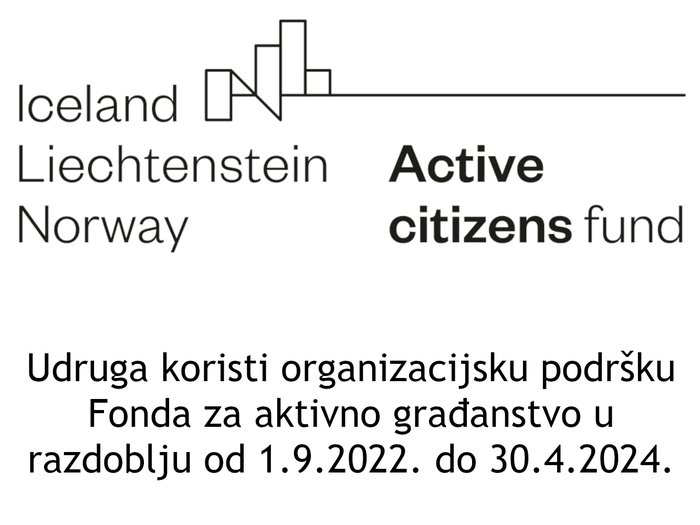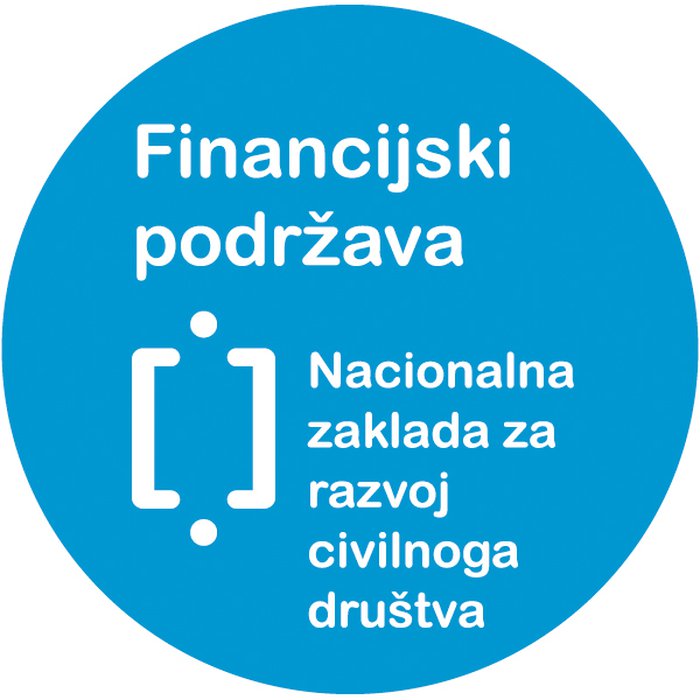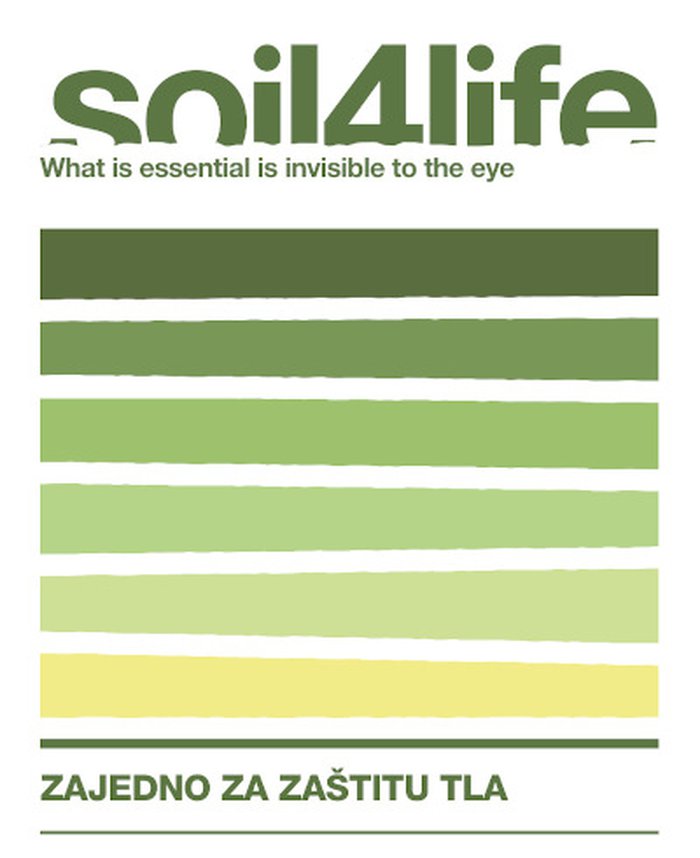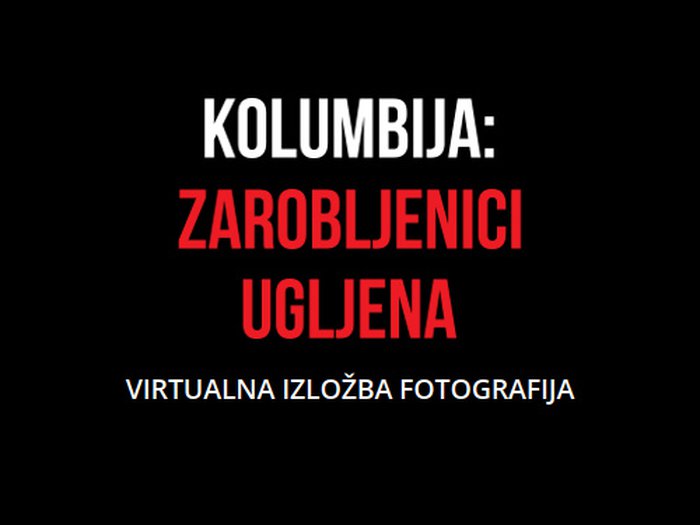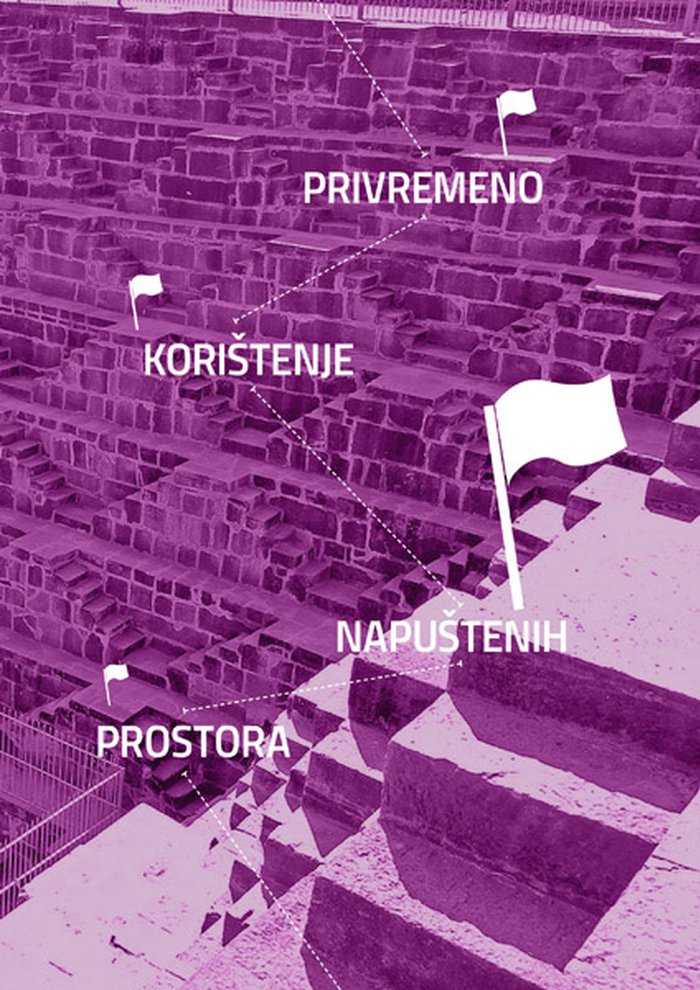Međunarodnom akcijom aktivisti pozvali Vladu da odustane od uvoza ugljena i izgradnje Plomina C
Danas su aktivisti ispred termoelektrane u Plominu formirali ljudski lanac te izvjesili natpis: "Cijena ugljena? Naši životi". Na taj način su prikazali da je ugljen nevidljivi ubojica koji donosi patnju, bolest i smrt ljudima s obje strane "lanca ugljena" – kako u udaljenoj Kolumbiji, gdje eksploatacija ugljena izravno prijeti opstanku lokalnih indijanskih i afro-kolumbijskih zajednica, tako i u zemljama poput Hrvatske i Italije gdje se kolumbijski ugljen koristi kao gorivo za termoelektrane. Formiranjem međunarodnog ljudskog lanca aktivisti su naznačili i snagu koja proizlazi iz zajedničke borbe protiv ugljena, osobito talijanskog iskustva koje pokazuje da građani i okolišne organizacije termoelektrane mogu dovesti i do suda.
Ljudski lanac u Plominu formirali su aktivisti Zelene Istre, Zelene akcije, Greenpeacea, CEE Bankwatch Networka, organizacija FoE Colombia i Re:Common te Mladen Bastijanić, uz podršku Labin Art Expressa. U lanac su bile uključene i siluete ljudi, kao simbol onih koji su izgubili život zbog ugljena.
Danilo Urrea iz kolumbijske udruge CENSAT-Agua Viva/Friends of the Earth Colombia govorio je o stravičnim posljedicama eksploatacije ugljena u rudniku ugljena El Cerrejon smještenom u kolumbijskoj regiji La Guajira. Upravo iz El Cerrejona su tijekom posljednjih 15-ak godina stigle tisuće tona ugljena za termoelektrane u Plominu.
- Tvrtke koje se bave eksploatacijom ugljena lažu kada govore o razvoju regija u neposrednoj blizini ugljenokopa El Cerrejon. Istina je da na teritoriju kolumbijske La Guajire u ovom trenutku djeca umiru zbog žeđi i gladi - rekao je Urrea.
U manje od 30 godina tvrtke koje se bave eksploatacijom ugljena, veliki farmeri i poljoprivredna industrija zagadili su, prisvojili, uspostavili kontrolu i ogolili glavne vodne resurse La Guajire. Samo El Cerrejon troši 17 milijuna litara vode dnevno za polijevanje cesta zbog prašine koja se diže od prolaska kamiona s ugljenom. U isto vrijeme prosječni stanovnik La Guajire pije manje od jedne litre vode dnevno. U uvjetima oskudice vodom lokalne zajednice nisu u mogućnosti proizvesti si potrebnu hranu i živjeti na samoodrživ način kao ranije.
Budući da se kultura lokalnih zajednica zasniva upravo na bogatstvu vodnim resursima, odnosno tradicionalnom bavljenju poljoprivredom, uzgojem stoke i ribarstvom, Urrea smatra da je Cerrejon uvelike zaslužan za vodnu krizu i uništenje kulture lokalnih zajednica.
- Oskudica vodom jedan je od najvažnijih uzroka okolišnih sukoba između lokalnih zajednica La Guajire i korporacija koje eksploatiraju ugljen iz El Cerrejona. Za ovaj sukob odgovorne su i zemlje koje uvoze ugljen - poručio je Urrea.
Antonio Tricarico, predstavnik udruge Re:Common osvrnuo se na uspješnu borbu građana i okolišnih organizacija protiv termoelektrane u talijanskom gradu Vado Ligureu.
- Liječnici su konačno počeli progovarati o uzrocima kroničnih bolesti i smrti do kojih je došlo zbog prisutnosti termoelektrane na ugljen, a građani su se organizirali i prijavili situaciju nadležnim tijelima. Tako je započela istraga Tužiteljstva protiv 86 osoba, direktora termoelektrane, kao i javnih službenika. Istraga koja je nedavno završila pokazala je njihovu odgovornost za ekološku katastrofu sa smrtnim posljedicama – objasnio je Tricarico.
U Italiji očekuju i skori početak suđenja jer su nalaze istrage podržali i talijanski parlamentarci, uz zaključak da su u slučaju Vado Ligurea veliki korporativni interesi uspješno vršili pritisak na javne vlasti, a na štetu građana Vado Ligurea.
Podršku akciji okolišnih organizacija dao je i Mladen Bastijanić, poznati labinski borac protiv Plomina C i protivnik proizvodnje energije iz uvoznog ugljena.
- Izvor vode gotovo najbolje kvalitete na Labinštini je Bubić jama. No, ovaj izvor opskrbljuje TE Plomin, a ne građane Labinštine. S druge strane, Labinština se opskrbljuje iz izvora u dolini Raše koji su koji su daleko lošije kvalitete i pod mnogo većim pritiskom zagađenja. Davati bolju vodu termoelektrani, a lošiju ljudima je čisti kriminal i onaj tko voli svoj kraj, nikad takvo što ne bi dopustio, kazao je Mladen Bastijanić koji smatra da bi energiju u Hrvatskoj trebali proizvoditi oslanjajući na vlastite resurse, odnosno obnovljive izvore energije koji neće biti štetni za ljude i okoliš.
- Nedavno je Vlada najavila privremeni moratorij na izgradnju nove termoelektrane na ugljen Plomin C. Ovom prilikom Vladu još jednom pozivamo da definitivno i trajno odustane od ovog štetnog projekta jer bi Plomin C stvorio potrebu za još većim količinama uvoznog ugljena. Razvoj koji se temelji na ugljenu nije ni moralan ni pravedan - poručila je Dušica Radojčić iz Zelene Istre.
-----------
Activists in an international protest action called on the Croatian Government to give up on coal imports and construction of the coal power plant "Plomin C"
Today activists in front of the coal power plant in Plomin formed a human chain and held a banner stating: "The price of coal? Our lives". They demonstrated that coal is an invisible killer that brings suffering, diseases and death to people from the both ends of the "coal chain" - in distant Colombia, where coal exploitation directly threatens survival of the local indigenous and Afro-Colombian communities, and as well as in countries like Croatia and Italy where Colombian coal is used as fuel for coal power plants. Forming an international human chain, the activists also emphasized the strength that comes from the joint fight against coal, especially the Italian experience where citizens and environmental organizations managed to bring cases of coal power plants to court.
Activists from Green Istria, Green Action, Greenpeace, CEE Bankwatch Network, FoE Colombia and Re:Common including Mr. Mladen Bastijanić and with the support of Labin Art Express formed the human chain in Plomin. People’s silhouettes had also been included in the chain as a symbol of people who lost their lives because of the coal.
Danilo Urrea from the Colombian organization CENSAT-Agua Viva/Friends of the Earth Colombia talked about the horrific consequences of coal exploitation in the coal mine El Cerrejon, located in the Colombian La Guajira region. During the last fifteen years thousands of tonnes of coal from there have been used in Plomin thermal power plant.
“Companies that are in the business of coal exploitation lie when they are talking about development of the regions in the surroundings of the coal mine El Cerrejon. The truth is that in this moment on the territory of the Colombian La Guajira children are dying because of thirst and hunger”, said Urrea.
In less than 30 years, companies that deal with coal exploitation, large-scale farmers and agricultural industry have polluted, privatized, imposed control and exhausted water resources of the La Guajira. El Cerrejon alone uses 17 million liters of water per day only for road watering in order to prevent clouds of dust as trucks loaded with coal pass. At the same time the average inhabitant of La Guajira drinks less than one liter of water per day. In conditions of water scarcity local communities are not able to produce necessary food and live in a self-sustainable way as they used to.
Since the culture of indigenous and Afro-Colombian communities emerged and consolidated around rich water resources and traditional agriculture, hens, sheep and cattle rearing and fishing, Urrea thinks that Cerrejon is largely responsible for the water crisis and destruction of the local communities' culture.
“Water scarcity is one of the most important causes of the environmental conflicts between local communities and corporations that exploit coal in El Cerrejon. Moreover, responsibility for this conflict also lays on the countries that import coal”, said Urrea.
Antonio Tricarico, Re:Common's representative, reflected on the successful fight of citizens and environmental organizations against the coal power plant in Italian town Vado Ligure.
“Doctors finally started speaking up revealing the causes of chronic diseases and deaths due to the presence of a coal plant in a densely populated area, such as the one in Vado. Citizens organized and denounced the situation to competent authorities. This is how investigation of the prosecution started against 86 persons, including thermal power plant managers and public officials. The investigation ended recently and showed their responsibility for environmental disaster and manslaughter”, explained Tricarico.
In Italy they are expecting the beginning of the trial soon especially because members of the Italian parliament also gave support to the results of the investigation and to the conclusion that in the case of Vado Ligure big corporate interests had successfully been putting pressure on public government, harming the interests of citizens of Vado Ligure.
Mladen Bastijanić, a well-known Labin fighter against TP “Plomin C” and opponent of energy production from imported coal, also supported this protest action performed by environmental organizations.
“Bubić Jama is one of the highest quality water sources in the Labin area. However, this source supplies Plomin power plant, and not the citizens of the Labin area. On the other hand, the Labin area gets water from sources in the Raša valley which are of far lower quality than Bubić jama and under greater pressure from pollution. To give water of better quality to the Plomin power plant and water of lower quality to people is really a crime. Anyone who loves his homeland couldn't let something like this happen” said Mladen Bastijanić. Moreover, he believes that Croatia should produce energy relying on its own, renewable energy sources, that won't be harmful to people and environment.
“Recently the Government announced a temporary moratorium on the construction of the new coal Plomin C power plant. We call on the Croatian Government once more to give up definitely and permanently on this harmful project because Plomin C would create the need for even bigger amounts of imported coal. Development that is based on coal is neither moral nor just”, said Dušica Radojčić from Green Istria.

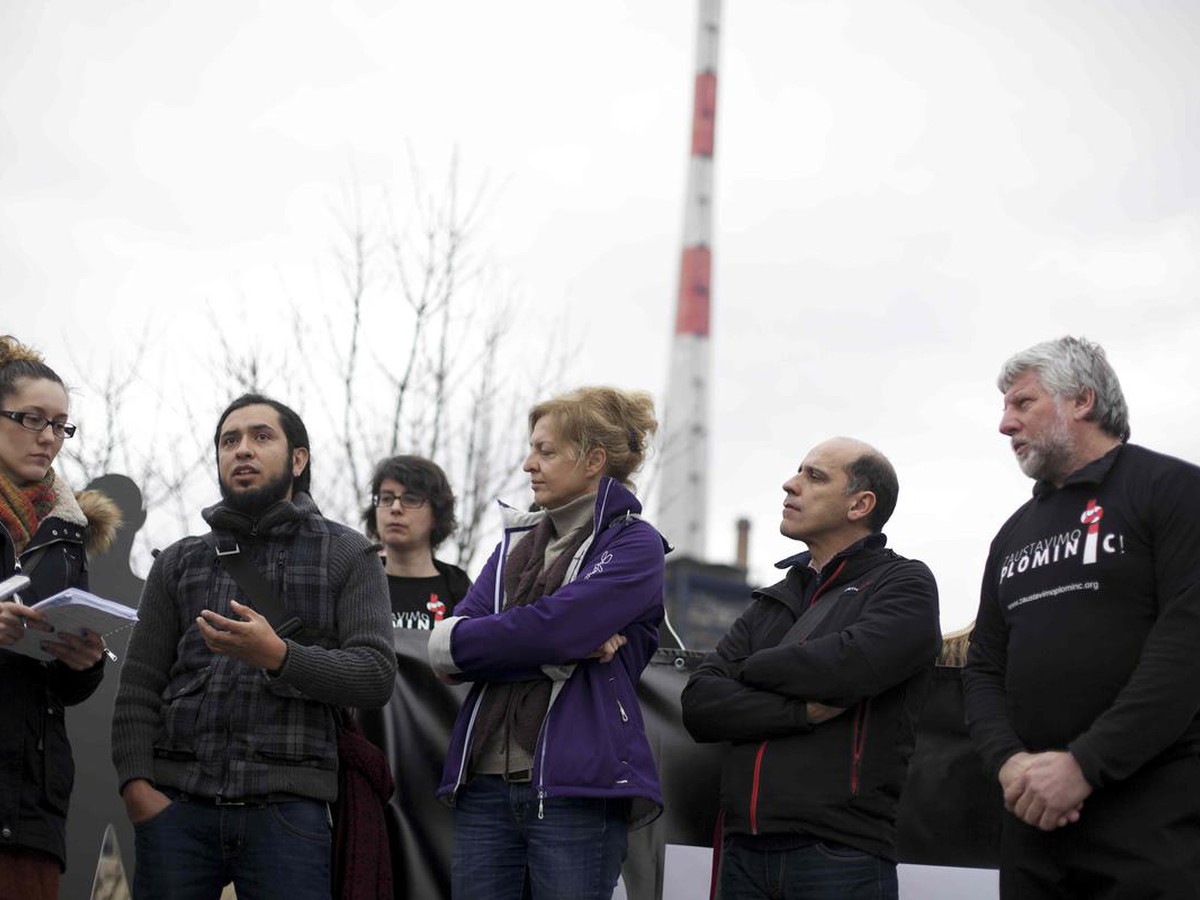
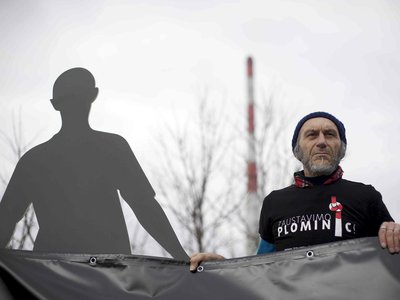

.jpg.400x300_q85_crop-smart_upscale.jpg)

